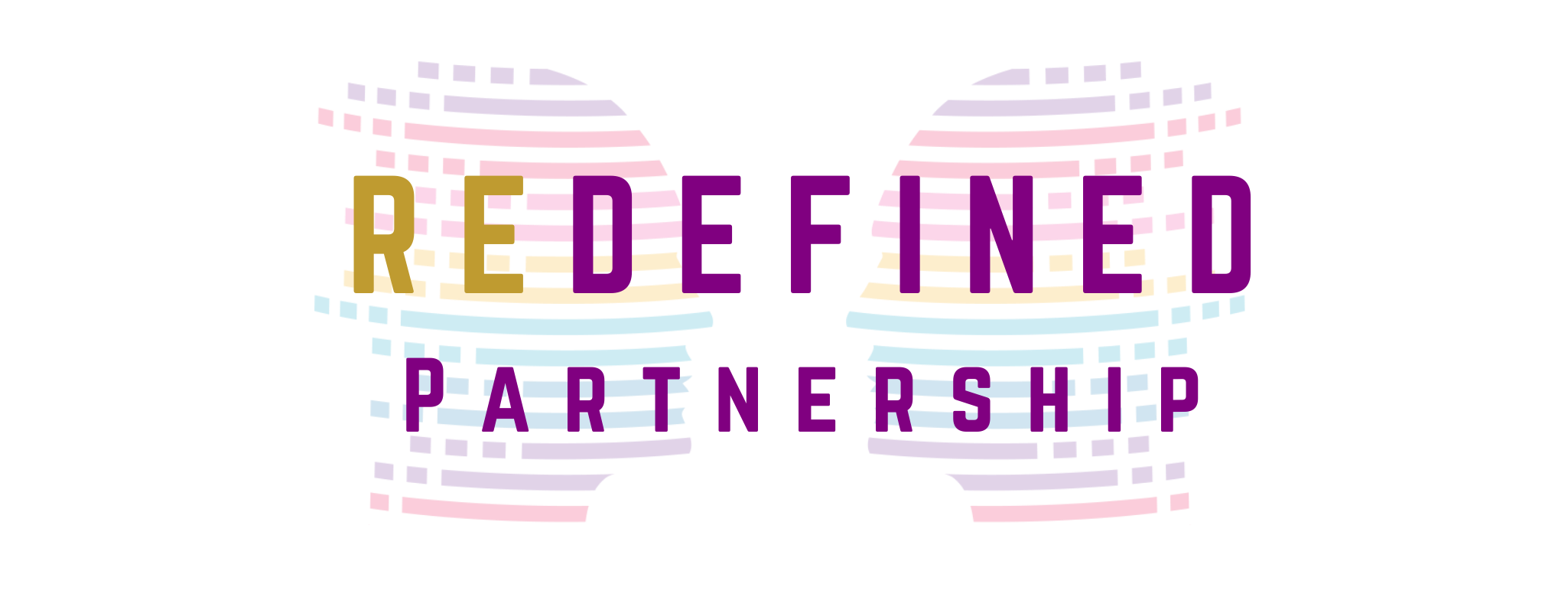Human behaviour redefined?
The present model of our thinking is very much habitual. Flight or fight, or fear or anxiety .We are creatures too of habit. So to redefine we need to emerge from the gradual learning of associations between responses and the features of performance contexts that have historically co-varied with them (e.g., physical settings, preceding actions). We need to change in 2020.
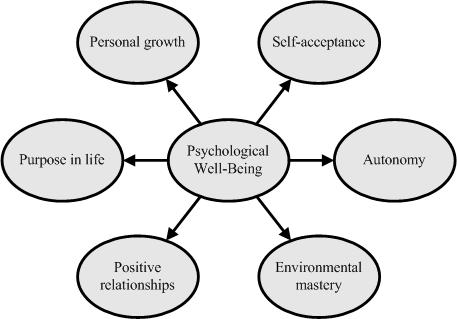
Once a habit is formed, perception of contexts triggers the associated response without a mediating goal. Nonetheless, habits do interface with goals. But constraining this interface makes habit associations accrue slowly and do not shift appreciably with current goal states or infrequent counter habitual responses. Given these constraints, goals can according to “A New Look at Habits and the Habit–Goal Interface” Wendy Wood and David T. Neal Duke University change and redefined thinking can take place:
(a) direct habits by motivating repetition that leads to habit formation and by promoting exposure to cues that trigger habits,
(b) be inferred from habits, and
(c) interact with habits in ways that preserve the learned habit associations.
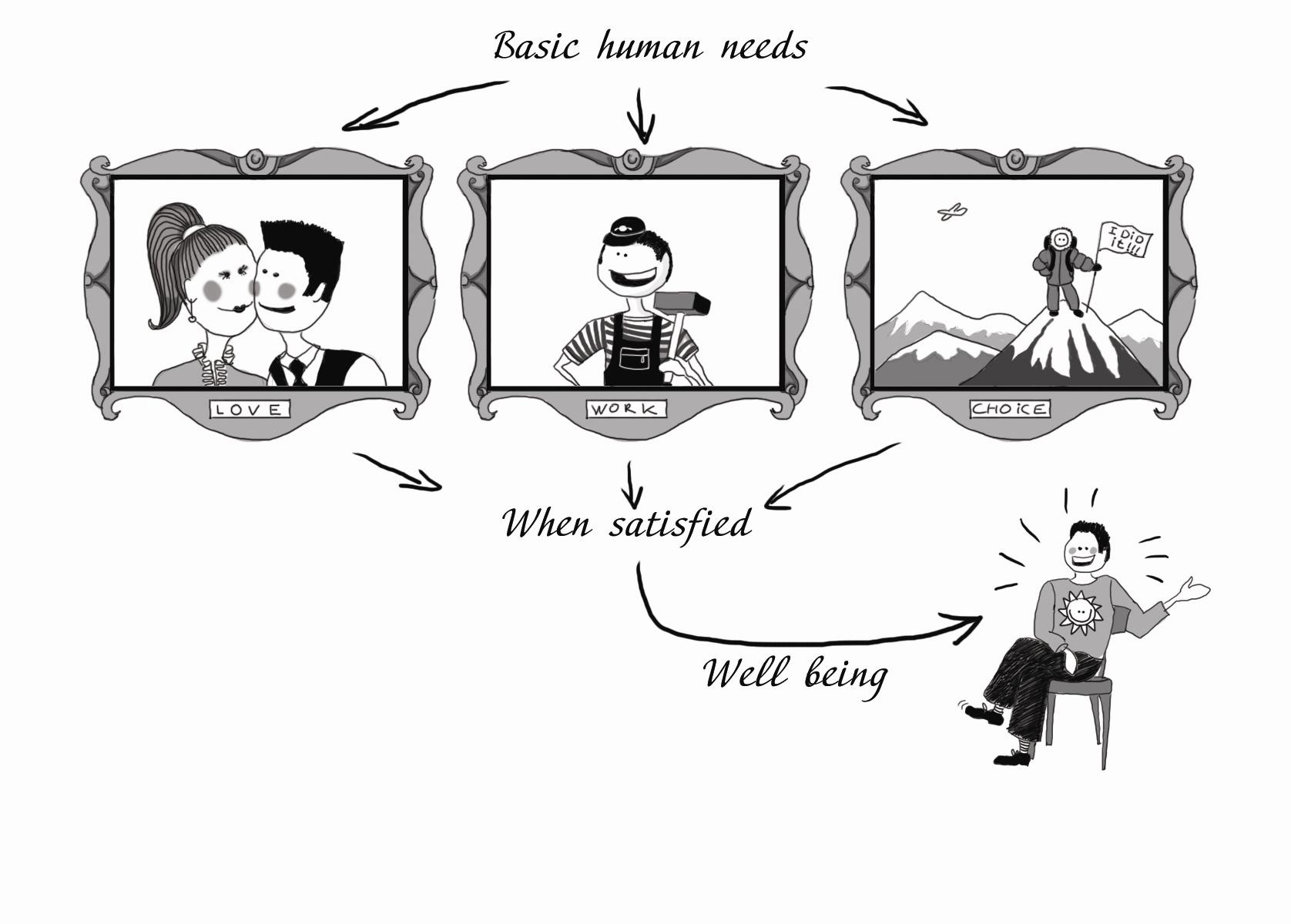
The authors outline the implications of the model for habit change, especially for the self- regulation of habit cuing.
Science says it could be 21 days or 18 to 254 days before you can redefine your thinking and break a habit.
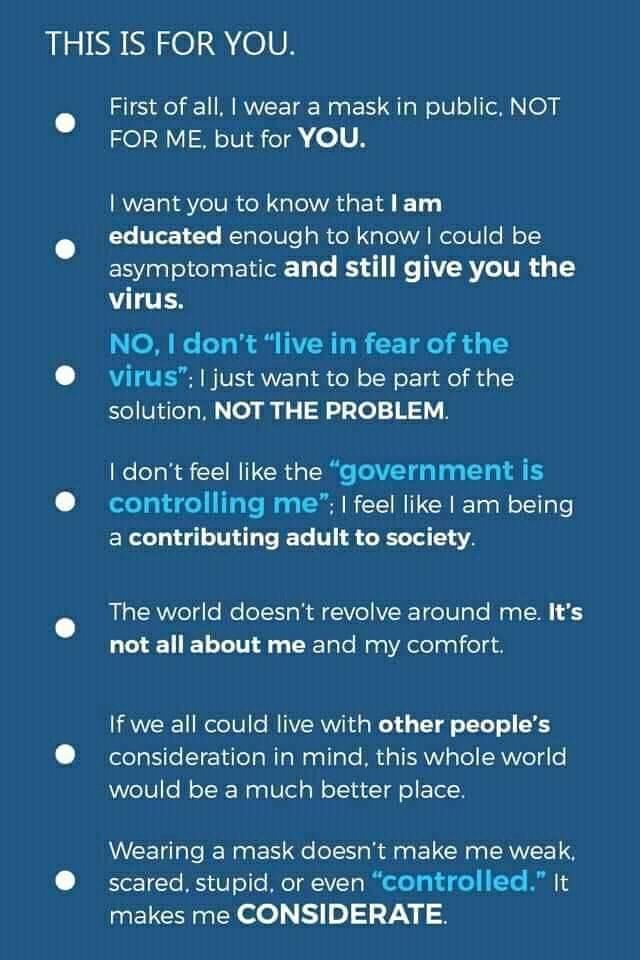
One important issue in understanding habit development is the role of omissions. James (1890) argued that development of habits requires uninterrupted performance. In the real world, this criterion is unlikely to be met since there
would almost certainly be some occasions when the cue is encountered and the behaviour not performed (a missed opportunity), yet people still appear to acquire habits.
One study explored the development of exercise habits over a12-week period (Armitage, 2005) and found that in this context, lapses in performing the behaviour were negative predictors of future performance. However, behaviour was assessed in weekly blocks and a lapse was defined as not attending for a week. Researchers from University College London examined the new habits of 96 people over the space of 12 weeks, and found that the average time it takes for a new habit to stick is actually 66 days; furthermore, individual times varied from 18 to a whopping 254 days.
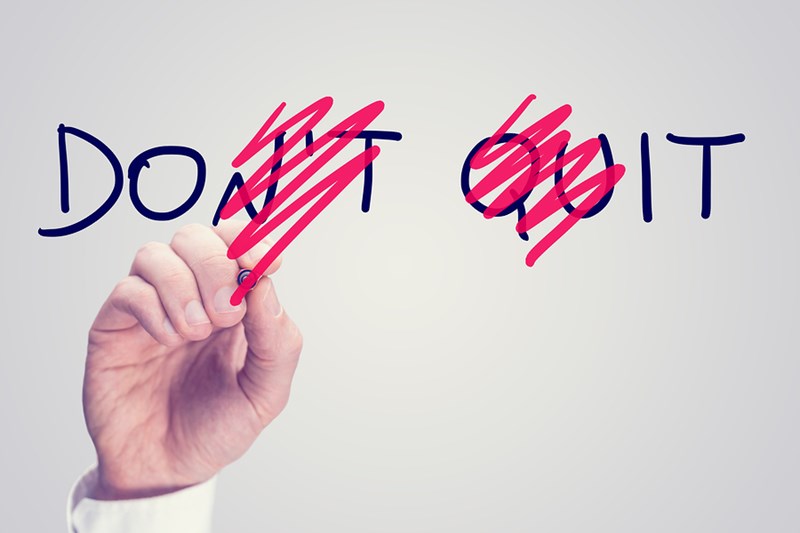
If you want to develop a new redefined behaviour, it will take at least two months, and you should not despair if three weeks doesn’t do the trick – for most people that’s simply not enough.
The Future Belongs—and has Always Belonged—to the Synthesizers
“We are drowning in information, while starving for wisdom. The world henceforth will be run by synthesizers, people able to put together the right information at the right time, think critically about it, and make important choices wisely.” — E. O. Wilson, biologist, theorist, naturalist and author
http://repositorio.ispa.pt/bitstream/10400.12/3364/1/IJSP_998-1009.pdf
